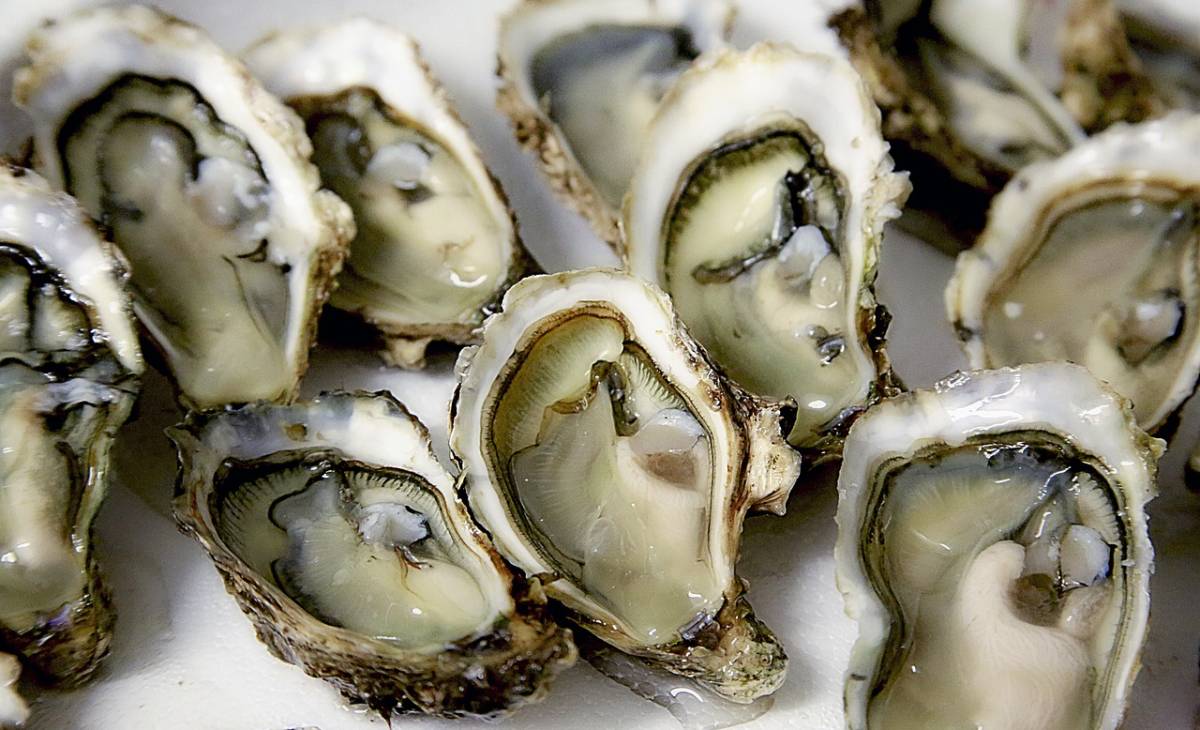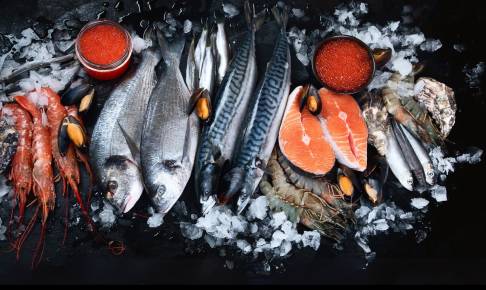EU Commission raises concerns over bivalve mollusk controls, citing health risks
Controls on bivalve mollusks in EU countries are facing scrutiny from the European Commission, as concerns rise over their adequacy in protecting consumer health.
Bivalve mollusks, including popular varieties such as mussels, clams, oysters, and scallops, form a significant part of Europe's aquaculture industry, with France, Spain, Italy, and Greece being the major contributors. However, these mollusks, known for their filter-feeding behavior, can accumulate microorganisms and chemical contaminants from their surrounding water, including marine biotoxins produced by certain algae species. When consumed in high levels, these toxins pose health risks to humans.
In an effort to assess the situation, the EU Commission collected information from 15 member states involved in bivalve mollusk production through audits, questionnaires, and publicly available data, culminating in the publication of an overview report. The responsibility for controlling the production and harvesting of bivalve mollusks lies with national agencies in each country.
The report identified microbial contamination as a major concern, which is addressed through the classification of production areas into Class A, B, or C based on their microbial contamination status, with E. coli serving as an indicator of fecal contamination. The classification determines the necessary post-harvest treatment.
However, the report found significant discrepancies in the development of sanitary surveys and shortcomings in adhering to EU rules. Some countries overlooked results that exceeded the criteria or relied on operator checks rather than following the prescribed guidelines.
Several incidents across European countries have highlighted the public health risks associated with bivalve mollusk consumption. Outbreaks of illnesses linked to contaminated oysters and mussels have affected Finland, Sweden, France, the Netherlands, Belgium, and Denmark. These incidents underscore the urgency of addressing the issues surrounding bivalve mollusk controls.
Monitoring for biotoxins in classified production areas often falls short of EU requirements, primarily due to the frequency and type of biotoxins tested. To address this, the EU Reference Laboratory for Marine Biotoxins is developing a guide for monitoring biotoxins in bivalve mollusk harvesting areas.
While member states generally take action when monitoring tests reveal potential health risks, weaknesses in the system can delay the detection and response to certain risks. Additionally, some countries fail to consider relevant data when reviewing the classification of production areas that were previously closed due to monitoring results.
Recalling bivalve mollusks that may pose a risk to consumers has proven challenging due to the perishable nature of these live products on the market. To address these concerns, the EU Commission plans to conduct further audits of other bivalve mollusk-producing member states. Discussions are underway to improve shellfish traceability for purification or exchange between countries and potentially revise the biotoxin content regulations.
In conclusion, the overview report emphasizes that, although all member states have established official control systems for bivalve mollusks, these systems are not consistently adequate in safeguarding consumer health. Stricter compliance with EU legislation and further improvements are necessary to address the identified issues effectively.
Source:






















